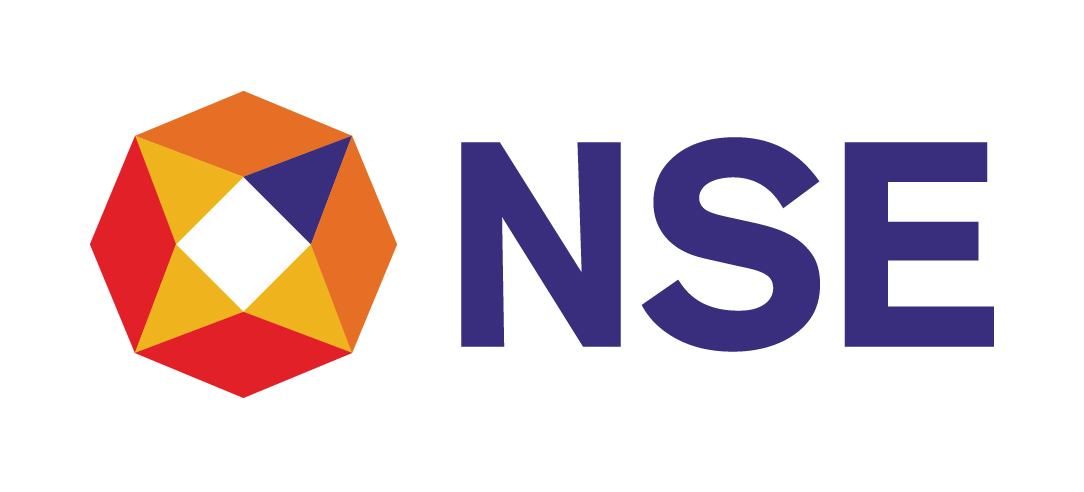Your one-stop shop for environmental sustainability solutions

Climat.Report
Sustainability
Gather emissions data & track your sustainability performance using global reporting standards as per GRI, TCFD, BRSR, UN-SDG
Learn More
Sustainability
Reporting
Gather emissions data & track your sustainability performance using global reporting standards as per GRI, TCFD, BRSR, UN-SDG
Learn More

Climat.Carbon
Offset with Carbon
Offset your carbon emissions to reach your net-zero goals. Invest in carefully vetted carbon offset projects worldwide.
Learn More
Offset with Carbon
Marketplace
Offset your carbon emissions to reach your net-zero goals. Invest in carefully vetted carbon offset projects worldwide.
Learn More

Climat.Carbon
Originate & Manage
For project owners looking to create, manage & sell credits. Turn your sustainability vision into impactful projects
Learn More
Originate & Manage
Carbon Project
For project owners looking to create, manage & sell credits. Turn your sustainability vision into impactful projects
Learn More
Benefits
Why Climat
Traceability and transparency
View real time supply chain metrics on scope 1,2,3 emissions..
Tokenization
Enable tokenization of carbon credits, other green assets in the pipeline..
Ease of sustainability reporting
Report seamlessly as per GRI, TCFD, BRSR standards.
Offset carbon footprint
Purchase authentic carbon offsets..
Reach climate goals
Set company wide UN-SDG goals, and monitor/update/showcase to relevant stakeholders.
Quick carbon offset project
origination & management
Project owners can easily originate carbon projects and manage them on a single platform.
Potential third-party solutions/Decentralized Apps on Climat
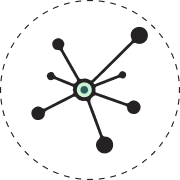
Defi for Carbon credits
Carbon credits as collateral within Defi platforms
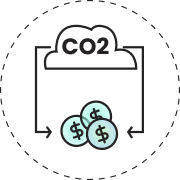
Carbon credit derivatives
Derivatives on various types of tokenized carbon
credits.
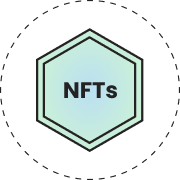
Climate Impact NFTs
NFTs representing positive climate impact based on any of
the UN-SDGs.
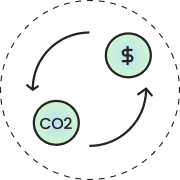
Carbon exchanges
Create a carbon exchange that can cater to multiple types
of tokenized offsets.
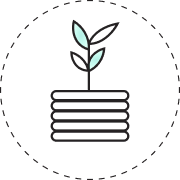
Tokenization of green loans
Green loans offered by lenders can be tokenized and offered
to investors.

Climate risk modelling
Modelling climate risk through open-source climate and
weather data.
 Automated carbon credit PDD creation.
Automated carbon credit PDD creation. Impactful carbon offset projects.
Impactful carbon offset projects. Smart Project Developer tools.
Smart Project Developer tools.





